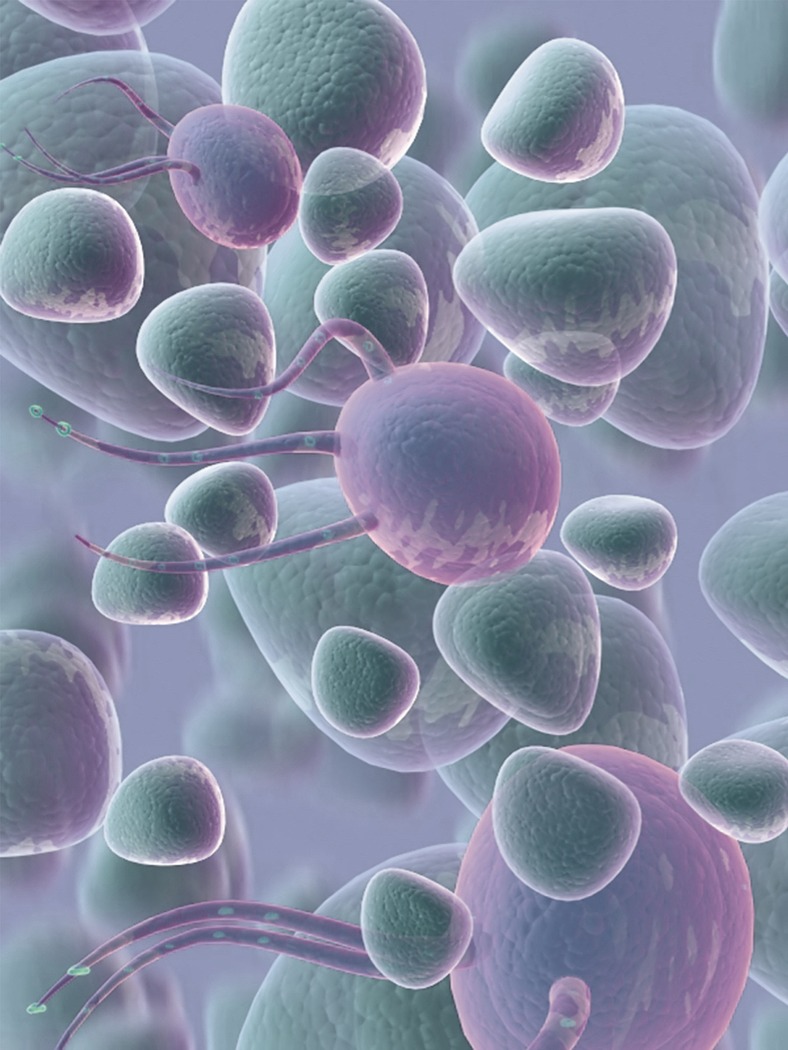 Every year, around this time, all those yellow flags - those scotch broom flowers - come out to wave. Next will come the seeds and, next year, more scotch broom. There are noxious weeds and then there's scotch broom. Now is an excellent time of year to get serious about reducing the amount of scotch broom on your property.
Every year, around this time, all those yellow flags - those scotch broom flowers - come out to wave. Next will come the seeds and, next year, more scotch broom. There are noxious weeds and then there's scotch broom. Now is an excellent time of year to get serious about reducing the amount of scotch broom on your property.
So, responsible rural property owners want to know: What makes scotch broom so bad?
Scotch broom is a prodigious seed producer. The seeds have hard coats enabling them to survive in the environment for up to 80 years. Once established, scotch broom forms dense brush fields over six feet tall. The brush fields diminish habitat for grazing animals, such as livestock and native animals. Areas of dense brush shade out and kill native grassland plants in invaded areas, and favor invasion by other woody, non-grassland plant species.
Scotch broom prevents reforestation, creates a high fire hazard, renders rangeland worthless and greatly increases the cost of maintenance of roads, ditches, power and telephone lines. Wildlife suffers as the growth becomes too dense for even quail and other ground birds to thrive. Being slightly toxic and unpalatable it is browsed very little by livestock.
If you cut your trees, so that a lot of sunlight reaches the ground, you've probably now got scotch broom to cut.
How do you eradicate scotch broom?
There are two schools of thought, those who say pull out the whole plant and those who will tell you, if you're clever and your timing is right, all you need are a pair of lopping shears.
From the School of Pulling Out the Plant, we get these instructions:
Pull out the entire plant, including roots. When the soil is moist, small plants can be pulled easily by hand. Winter and spring are good seasons to do this.
Larger plants must be removed with a tool such as a Weed Wrench. Be sure to remove the entire plant. Broken stems re-sprout and are much harder to remove for the next person. Plants can be left where pulled.
One of the benefits of being a member of the Griffin Neighborhood Association is members can rent our Weed Wrench.
Not yet a member of the GNA? Dang, what are you waiting for?! Click here to join online.
From the School of Cutting Broom in Bloom, we get these instructions:
First, cut broom in bloom. Use loppers or small saws and cut broom right at ground level.
Broom puts all of its energy into making flowers. If you cut it while in bloom, it will most likely die in the summer's dry heat.
If you have to make a choice, go after single plants and small infestation to prevent its spread.
If the broom is huge, cut off as many of the branches as you can. If the broom is small and not blooming, you can return and cut it next year when it blooms.
It is most important to not let the broom go to seed! Cut before June 17 (this date is from Vancouver Island's “BroomBusters” web site, so it's probably earlier, down here in the South Sound).
CUT DOWN ALL YELLOW FLOWERS so that they can not turn into seeds. Each scotch broom plant can produce 2,000 to 3,500 seed pods - which burst open, shooting seeds into adjacent soil. If you cut them while in bloom - no seeds!
HERBICIDES applied in the spring when new leaves are present are another effective control tool, but always remember to read the labels carefully and exercise extreme care when applying chemicals, especially near waterways.
DO NOT BURN SCOTCH BROOM! When exposed to fire, its seeds burst from their seedpods. Also, the smoke from burning scotch broom is actually toxic and may seriously irritate the respiratory tracts of you, your family, or your neighbors.
TAKE SCOTCH BROOM TO THE DUMP. The best way to get rid of scotch broom, once it is cut, is to take it to Thurston County Waste and Recovery Center.
The Thurston County Noxious Weed Control Agency offers the following information and services to the public: Educational presentations, plant identification especially those that may be noxious weeds, consults on your property, prescriptions for specific noxious weed problems and what the county approves for its own use, free disposal of designated noxious weeds at the Thurston County Waste and Recovery centers, and limited use of a manual removal tool called the wrench. Also available are many informational brochures and pamphlets as well as several videos.
So, responsible homeowner, get out there and cut your scotch broom!
 Writing that "Informed public participation in planning matters is strongly encouraged by Thurston County government," the County has created a new web page to help keep interested individuals and groups informed of the status of land use applications and other land use-related planning initiatives.
Writing that "Informed public participation in planning matters is strongly encouraged by Thurston County government," the County has created a new web page to help keep interested individuals and groups informed of the status of land use applications and other land use-related planning initiatives.





